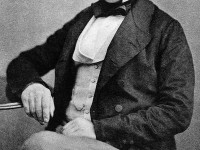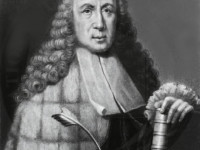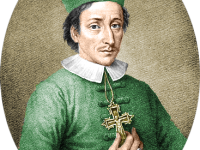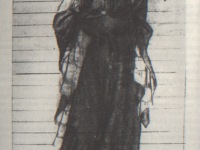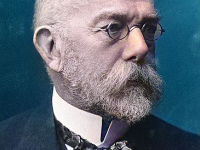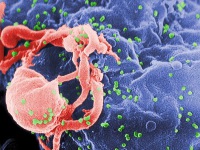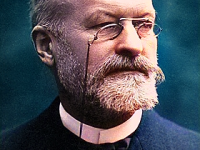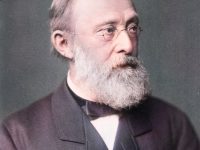John Snow – Tracing the Source of the London Cholera Outbreak
On March 15, 1813, English physician and a leader in the adoption of anaesthesia and medical hygiene John Snow was born. He is considered one of the fathers of modern epidemiology, in part because of his work in tracing the source of a cholera outbreak in Soho, London, in 1854. Growing Up in a Poor Neighborhood John Snow was born on 15 March 1813 in York, England, the first of nine children born to William…
Read more

